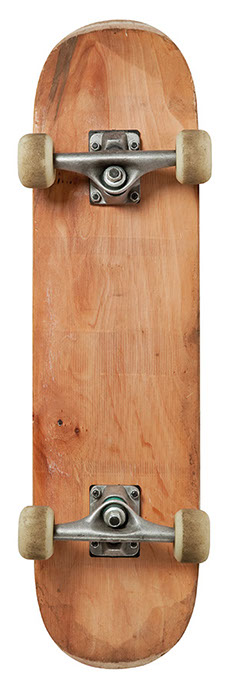SciGen Teacher Dashboard
Unit T3
Claims & Evidence
 This science unit introduces the notion of making a plausible scientific claim and conducting experiments to produce supporting evidence for such claims.
This science unit introduces the notion of making a plausible scientific claim and conducting experiments to produce supporting evidence for such claims.
Activities
 Scene: Safety at the Skateboard Park
Scene: Safety at the Skateboard Park
Gabriella, Jamal, and Hector discuss claims, evidence, and patterns of safety at the skateboard park.
Duration: Approximately 50 minutes
 Lesson: Examining and Supporting Claims
Lesson: Examining and Supporting Claims
Students examine and support claims; distinguish plausible, evidence-based claims from false claims and opinions; use statistics to prove or disprove a claim.
Duration: Approximately 40 minutes
 Lesson: The Theory of Theory
Lesson: The Theory of Theory
Inspect these cartoon scenes and ponder possible explanations.
Duration: Approximately 40 minutes
 Lab: Ramping Up the Claim
Lab: Ramping Up the Claim
In the lab for this unit, students will conduct an experiment that tests whether or not steepness of a ramp affects impact of a collision. They will also practice making a claim based on their evidence.
Duration: Approximately 75 minutes
 Reading: Skaters in the Suburbs and the City
Reading: Skaters in the Suburbs and the City
This passage gives students another view on the world of skateboarding and brings up different kinds of claims and evidence.
Duration: Approximately 25 minutes
 Writing: Letter to the Park Committee
Writing: Letter to the Park Committee
The writing activity provides an opportunity for students to apply the idea of claims and evidence to a new situation.
Duration: Approximately 35 minutes
Teacher Tune-ups
- In science, what do we mean by claim, theory and law?
- What are good (and bad) practices in representing data visually?
Student View of Visuals and Activities
Some teachers prefer to have students view the slides and other visual assets in this unit directly instead of projecting them in class. Below is a web page to share with students with links to the same items within in the teacher lesson plans, but without the explanatory text for the teacher.
Original SciGen Unit
This unit has been adapted from "6.3 Can you really claim that?" in the Word Generation program led by Catherine Snow (Harvard University) through a SERP collaboration with the Boston Public Schools and other districts in Massachusetts and Maryland.
PDFs of that earlier unit's teacher and student editions are available at the Science Generation Download Center.
Unit T3 Focus Words
claim
noun – a statement that needs to be supported by evidence
verb – to state something that needs proof
Jay-Z claims in many of his songs that he’s “the greatest rapper alive.” Do you agree with his claim?
evidence
noun – facts or proof that something is true
In science, evidence is the data collected from experiments.
Evidence from scientific experiments shows that smoking can cause cancer.
plausible
adjective – believable, likely to be true
Yang’s story that she broke her arm climbing over a fence seemed plausible.
result
noun – something that happens because it was caused by something else
verb – to happen because of something else
In science, a result is the outcome of an experiment.
Michael studied hard for the test; as a result, he got a 97%!
pattern
noun – something that happens repeatedly in the same way
In science, a pattern is when you get results that follow the same rule each time you do a test.
The ice cream store owner noticed a pattern: the hotter the weather, the higher his sales.
interpret
verb – to draw a conclusion based on what you see
In science, we interpret the results, or data.
The doctors interpreted the test results from the patient and decided that she was well enough to go home from the hospital.
BETA Version - Please send comments and corrections to info@serpinstitute.org